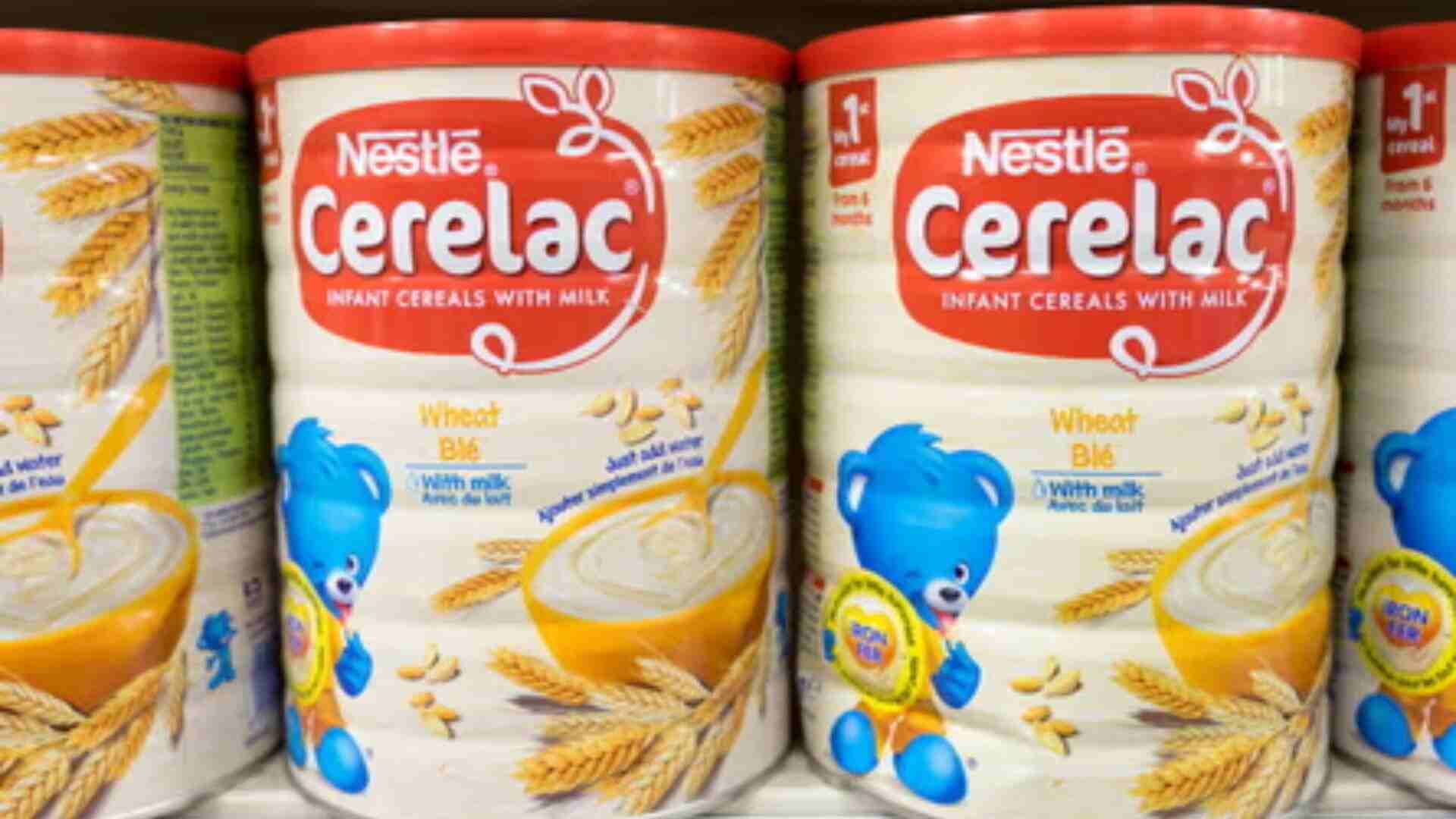


A recent report by The Guardian reveals that Nestle, the world’s largest consumer goods and baby formula manufacturer, is adding sugar to infant milk and cereal products sold in countries like India, as well as in other parts of Asia and Africa.
Campaigners from Public Eye, a Swiss investigative organization, conducted tests on Nestle’s baby food products from Asia, Africa, and Latin America. They found added sugar, in the form of sucrose or honey, in samples of Nido, a follow-up milk formula for infants aged one and above. Sugar was also found in Cerelac, a cereal for children aged between six months and two years.
Interestingly, Nestle’s products in its main European markets, including the UK, do not contain added sugar in formulas for young children. However, products aimed at older toddlers do contain added sugar, but those targeted at babies between six months and one year do not.
This revelation is significant due to the global challenge of obesity, particularly in low- and middle-income countries. The World Health Organization (WHO) reports that in Africa, the number of overweight children under five has risen by nearly 23% since 2000. In India, a recent Lancet report stated that 12.5 million children aged between five and 19 were grossly overweight in 2022, up from 0.4 million in 1990. Globally, more than 1 billion people are living with obesity.
Consumers often find it challenging to identify healthy products based on the nutritional information printed on the packaging alone. Food labels often combine naturally occurring sugars in milk and fruit with any added sugars under the same heading.
In India, pediatricians strongly advise against giving sugar to infants until they turn two years old. The Indian Council of Medical Research (ICMR) recommends that children above two years old should not consume more than 5% to 7% of their total energy from free sugar or added sugars.
The UK recommends that children under four should avoid foods with added sugars due to risks such as weight gain and tooth decay. Similarly, US government guidelines advise against foods and drinks with added sugars for those younger than two.
Euromonitor International, a market research company, reports global retail sales of Cerelac exceeding $1 billion, with the highest figures in low- and middle-income countries, including Brazil and India, accounting for 40% of sales.
Tests revealed that biscuit-flavored cereals for babies aged six months and older contained 6g of added sugar per serving in Senegal and South Africa, whereas the same product sold in Switzerland had no sugar. In India, Cerelac products contained an average of more than 2.7g of added sugar per serving.
Dr. Nigel Rollins, a medical officer at the WHO, expressed concern, stating that the findings showed a “double standard” that can’t be justified.”